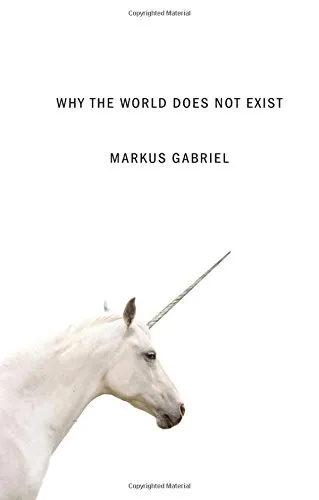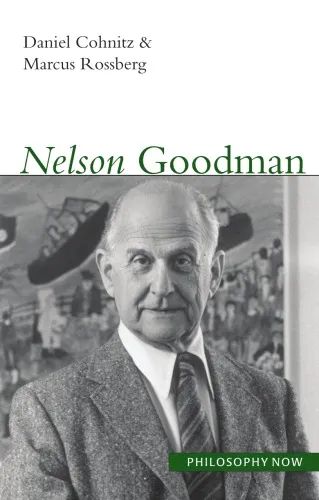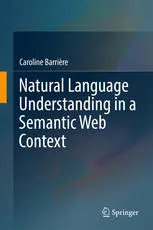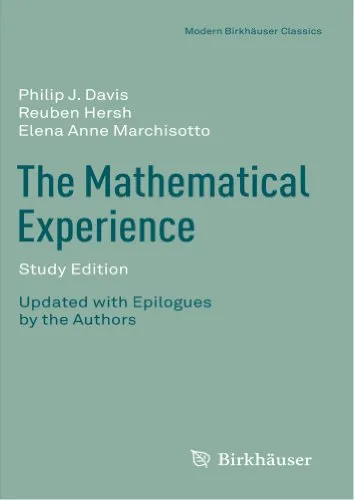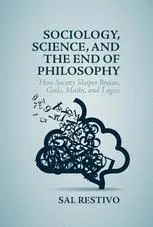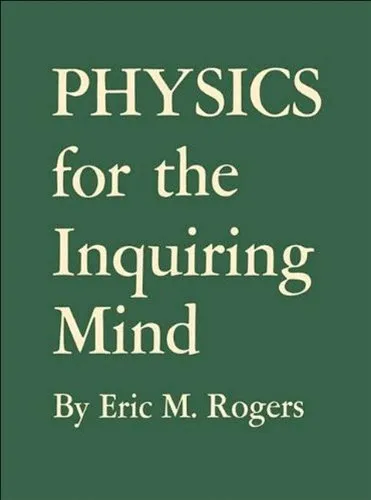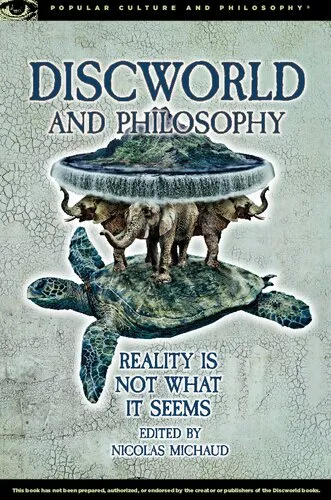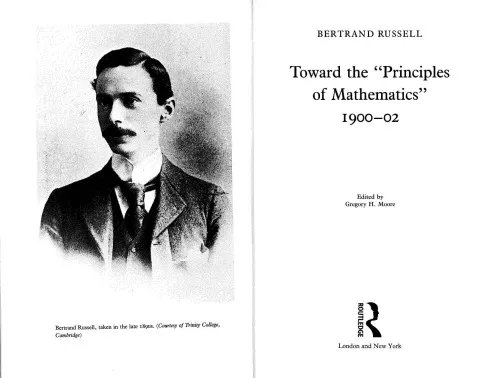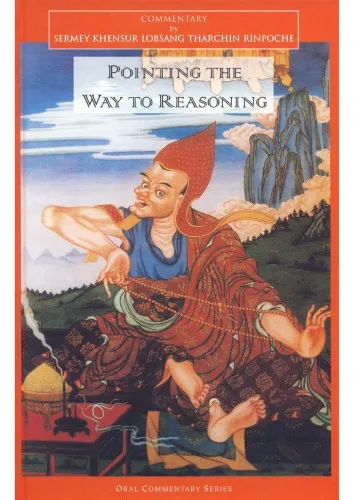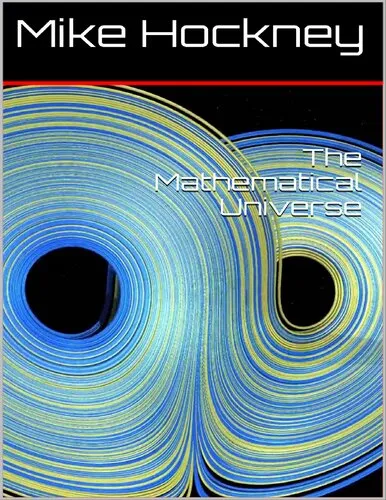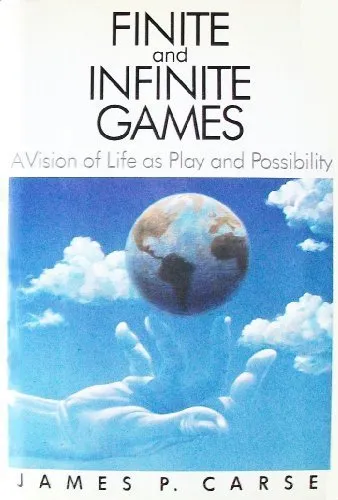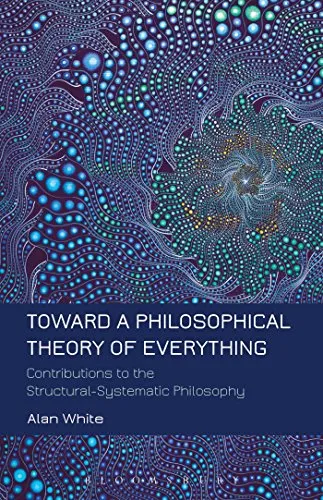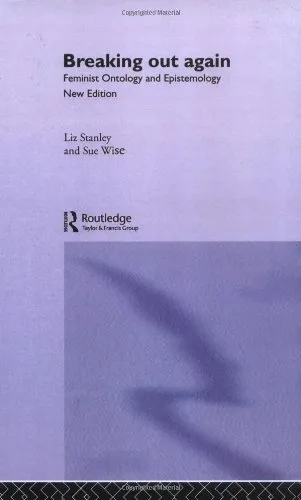Why the World Does Not Exist
4.0
بر اساس نظر کاربران

شما میتونید سوالاتتون در باره کتاب رو از هوش مصنوعیش بعد از ورود بپرسید
هر دانلود یا پرسش از هوش مصنوعی 2 امتیاز لازم دارد، برای بدست آوردن امتیاز رایگان، به صفحه ی راهنمای امتیازات سر بزنید و یک سری کار ارزشمند انجام بدینRelated Refrences:
معرفی کتاب "چرا جهان وجود ندارد"
کتاب "چرا جهان وجود ندارد" توسط مارکوس گابریل، فیلسوف معاصر آلمانی، نوشته شده است. این کتاب یکی از آثار جذاب و پرمخاطب در فلسفه معاصر است که به شکلی نوآورانه بسیاری از مفاهیم فلسفی مرتبط با "جهان" و "وجود" را به چالش میکشد. نویسنده در این کتاب با استفاده از مفاهیمی مانند Sense-Making و "New Realism"، نظریهای بدیع ارائه میدهد که نهتنها تفکر فلسفی، بلکه نحوه درک ما از هستی را متحول میکند.
خلاصهای از کتاب
در این کتاب، مارکوس گابریل با این استدلال آغاز میکند که "جهان" همانگونه که ما معمولاً تصور میکنیم، وجود ندارد. وی توضیح میدهد که تلاش برای جمع کردن تمامی چیزها در یک "کل" یا یک مفهوم واحد به نام "جهان" اساساً مشکلساز است. این ایده به فلسفههای سنتی و حتی علمی که از یک چارچوب کلگرایانه درباره جهان استفاده میکنند، انتقادات جدی وارد میکند.
گابریل استدلال میکند که آیتمهای موجود در جهان بهطور مستقل و در "زمینههای معنایی" (fields of sense) خاص خودشان وجود دارند، اما این به معنای یکپارچگی "جهان بهعنوان یک موجودیت کل" نیست. به این ترتیب، او "ناواقعگرایی" (Anti-Realism) و نیز پوزیتیویسم علمی را به چالش میکشد، درحالیکه خود نوع جدیدی از واقعگرایی تحت عنوان "New Realism" را پیشنهاد میدهد. از نظر وی، درکی که شامل چندین "زمینه معنایی" است باعث میشود تنوع و گوناگونی جهان دیده شود بدون آنکه تلاش کنیم همه چیز را در یک چارچوب واحد ادغام کنیم.
برداشتهای کلیدی
- "جهان" بهعنوان یک کل واحد مفهومی مخالف واقعیات چندگانهای است که در واقع وجود دارند.
- مفاهیم مرتبط با فلسفه، مانند "وجود"، باید دوباره در چارچوب زمینهای (contextual) استخراج شوند تا فهم دقیقی از آنها ارائه شود.
- Sense-Making مفهوم کلیدی این کتاب است که به درک تحولات ادراکی و معرفتشناختی کمک میکند.
- نظریه "New Realism" بسیاری از پیشفرضهای بنیادین درباره فلسفه سنتی و حتی فلسفه علم را تغییر میدهد.
- به جای وابستگی بیشازاندازه به کلیتگرایی، باید تنوع و جزئیات گوناگون واقعیتها را بپذیریم.
نقلقولهای مشهور از کتاب
"جهان چیزی نیست جز تلاش ما برای جمعبندی تمامی چیزهای موجود در یک کل غیرممکن."
"واقعیت تنها در متن زمینههای معنایی مختلف قابل درک است؛ هیچ سطح واحدی از واقعیت وجود ندارد."
چرا این کتاب مهم است؟
کتاب "چرا جهان وجود ندارد" نهتنها مبانی فلسفی را دچار تحول کرده، بلکه یک دیدگاه جدید درباره مفهوم "واقعیت" در عصر کنونی ارائه داده است. این کتاب به خوانندگان کمک میکند شیوههای قدیمی فکر کردن را کنار بگذارند و به جهان از منظر چندگانه و پویای جدیدی نگاه کنند. اهمیت این کتاب در این است که تفکرات ما درباره چیستی "هستی" و "وجود" را نهتنها زیر سؤال میبرد، بلکه پیشنهادهای عملی برای درک بهتر معنا و واقعیت ارائه میدهد. این اثر برای هر کسی که به مسائل فلسفه، علم و معنای زندگی علاقهمند است، یک منبع گرانبها به شمار میرود.
Introduction
"Why the World Does Not Exist" challenges a deeply ingrained idea: the very existence of something called "the world." In this groundbreaking work, I, Markus Gabriel, argue that the concept of "the world" is fundamentally flawed and incoherent when closely examined. The book applies rigorous philosophical inquiry combined with accessible language to explore key questions about existence, meaning, and our place in reality. This introduction will guide you through the major themes, provide key takeaways, highlight famous quotes, and explain why this book is a vital contribution to contemporary philosophy.
Detailed Summary of the Book
At its core, the book critiques the long-standing tradition of metaphysical thinking that assumes "the world" is a single, all-encompassing entity that contains everything. Instead, I propose that the world does not and cannot exist as a unified whole. I argue that what we refer to as "the world" is merely an abstract concept—a projection of human thought that lacks objective reality. Using clear reasoning, I dismantle the idea that everything can be reduced to a single framework or domain of reality.
The central idea is what I term the "field of sense," which describes the variety of ways we experience and understand phenomena. Our individual realities are shaped by sense-making processes. Instead of one world, there are limitless overlapping "fields of sense." These fields form the groundwork of existence rather than being subsumed by a singular "world."
The book covers a wide array of subjects, from classic philosophical conundrums about being and existence to more current debates in science, culture, and ethics. I also critique reductionist theories, such as naturalism, which claim that everything can be explained by scientific models. Simply put, any attempt to define or encompass the entire universe within a single concept fails because it overlooks the complexity and diversity of existence.
Key Takeaways
- The term "world" is a misleading construct, and its existence cannot be logically supported.
- Reality is not one unified whole but a collection of distinct "fields of sense," each with its own framework and meaning.
- Reductionist theories that unify everything fail to account for the rich plurality of existence.
- Philosophy should embrace the complexity of reality, rather than trying to simplify it into a "world."
- Understanding the non-existence of the world leads to a more accurate grasp of existence and human experience.
Famous Quotes from the Book
"The world does not exist because it cannot exist. Existence is not something that can be reduced to a single entity."
"Every attempt to unify all of reality into a singular notion of the world blinds us to the richness and diversity of existence."
"Reality is not a fixed, objective entity but an ever-changing interplay of perspectives, which I call fields of sense."
Why This Book Matters
In an era dominated by scientific reductionism, "Why the World Does Not Exist" provides a critical philosophical counterpoint. It forces us to rethink the fundamental categories we use to make sense of reality. Rather than relying on outdated metaphysical assumptions, the book invites readers to embrace a more nuanced and pluralistic understanding of existence. It bridges the gap between modern scientific thought and age-old philosophical inquiry, offering fresh insights into essential questions about life, meaning, and reality. As such, the book is not only for philosophers but for anyone who seeks to deepen their understanding of what it means to exist.
This work is also significant because it exposes the limitations of human knowledge and challenges dogmatic worldviews. By arguing against the existence of a singular "world," I encourage readers to open their minds to the vast and varied experiences of life. This makes the book not only intellectually stimulating but also personally transformative.
دانلود رایگان مستقیم
شما میتونید سوالاتتون در باره کتاب رو از هوش مصنوعیش بعد از ورود بپرسید
دسترسی به کتابها از طریق پلتفرمهای قانونی و کتابخانههای عمومی نه تنها از حقوق نویسندگان و ناشران حمایت میکند، بلکه به پایداری فرهنگ کتابخوانی نیز کمک میرساند. پیش از دانلود، لحظهای به بررسی این گزینهها فکر کنید.
این کتاب رو در پلتفرم های دیگه ببینید
WorldCat به شما کمک میکنه تا کتاب ها رو در کتابخانه های سراسر دنیا پیدا کنید
امتیازها، نظرات تخصصی و صحبت ها درباره کتاب را در Goodreads ببینید
کتابهای کمیاب یا دست دوم را در AbeBooks پیدا کنید و بخرید
1499
بازدید4.0
امتیاز0
نظر98%
رضایتنظرات:
4.0
بر اساس 0 نظر کاربران
Questions & Answers
Ask questions about this book or help others by answering
No questions yet. Be the first to ask!
